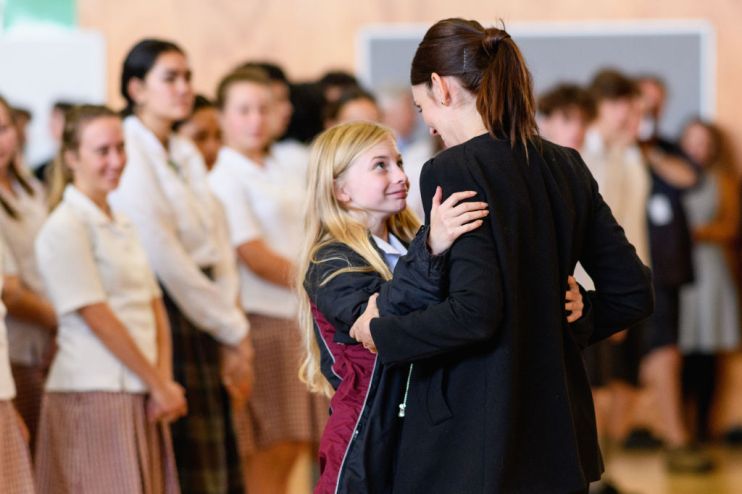Gender on the agenda: There is still a long way to go

It might come as a surprise to some that we have been celebrating International Women’s Day (IWD) for over a century now. Since the 1900s, we have been fighting to forge a gender-equal society, where a woman’s achievements are valued as much as those of men.
Women and girls represent half of the world’s population and, therefore, also half of its potential.
So in a sense it’s apt that this year’s theme for International Women’s Day, celebrated yesterday, was #EachForEqual. An equal world is an enabled world, where each individual has the opportunity to reach their full potential.
Irrespective of gender, we all have a collective part to play in creating an equal society.
The United Nations calls for IWD and the month surrounding it to be a time for us to reflect each year on the progress made, to continue to push for positive change, and to celebrate successes. And there’s no denying that we have come a long way in the last century.
The earliest recorded date of IWD was in 1908, when over 15,000 women joined forces and marched through New York City to demand voting rights, equal pay, and better working hours.
Today, International Women’s Day is a globally recognised celebration, focusing attention on the social, political, economic and cultural challenges that women around the world face, and marking the achievements and impact that we are making to ensure that greater gender equality squarely stays on the agenda.
So how are we doing?
On a global scale, progress has been made on a range of women’s issues, from the home to the halls of power.
In the last few years, Ireland voted to repeal the eighth amendment which banned abortion in almost all circumstances, Ethiopia elected its first female President, while powerhouse women from New Zealand’s Jacinta Ardern to Finland’s Sanna Marin have been rewriting the rules on political leadership.
But while we have made significant strides towards gender parity, there is still a long way to go.
As a starter for 10, look at the colossal gender pay gap, and the fact that men still make up the majority of those at the top, in the boardroom and beyond.
According to statistics revealed by the Fawcett Society, 14 November is the last day that women in the UK are paid for the same jobs as their male counterparts. For the rest of the year, they are in essence working for free in comparison, due to the gender pay gap — which is not estimated to close until around 2073.
It’s true that the United Kingdom is making efforts towards closing that pay gap, through legislation such as pay gap reporting, whereby companies with over 250 employees are required to report staff salaries for analysis. Yet figures show that the average pay gap for full-time workers is 13.1 per cent.
And despite the progress that is being made around the world, the story is the same. The UN figures show that women earn 23 per cent less than men globally, and occupy only 24 per cent of overall parliamentary seats worldwide.
How do we fix that? Starting at the beginning, education is essential.
According to the UN Women, over 750m adults worldwide are illiterate, two thirds of whom are women.
A stronger, more inclusive education system for all will help to contribute to more meaningful outcomes — when those girls grow up, they’ll be better able to break into restrictive sectors, from politics to business.
Speaking of business, professional development is also an imperative. Ambitious women need more support and leadership skills training.
This is an economic opportunity as well as a social one. Recent research by the Rose Review of Female Entrepreneurship revealed that an enormous £250bn could be added to the UK economy each year if women began and scaled businesses at the same rate that men do.
At AllBright, we believe in the need to change the conversation around women and equality.
It is our personal mission to support all women in business — from freelancers to chief executives,c-suites to startups — by creating and nurturing a global sisterhood through physical spaces and a flexible working environment, where women can connect and develop their own strong networks.
International Women’s Day is a time to celebrate milestones achieved, to take a step back and look at how far we have come since the beginning. However, it is also a day to acknowledge that there is a great amount of work to be done.
And at AllBright, we are going all out for IWD.
The day itself might be over for this year, but we are now looking forward to a whole month of celebrations, including the inaugural BrightList Awards, where we have developed accolades to champion the amazing women who are making a difference within their respective industries.
2020 represents a defining year of opportunity — and we all have a part to play to mobilise a more equal world for all.
Anna Jones and Debbie Wosskow OBE are co-founders of AllBright, an organisation set up to support and connect women in work and business.